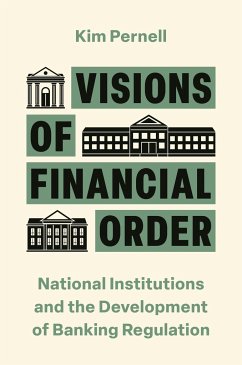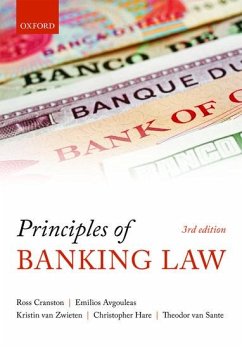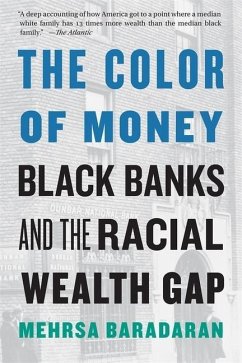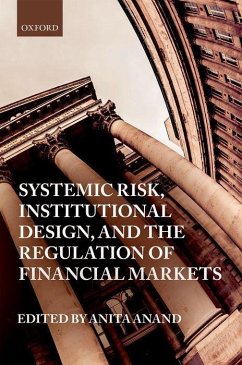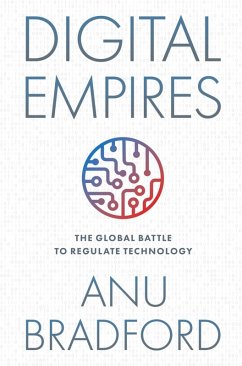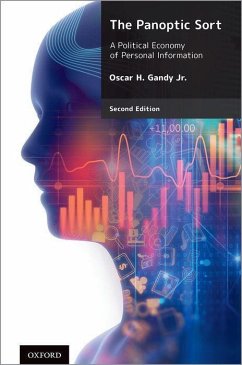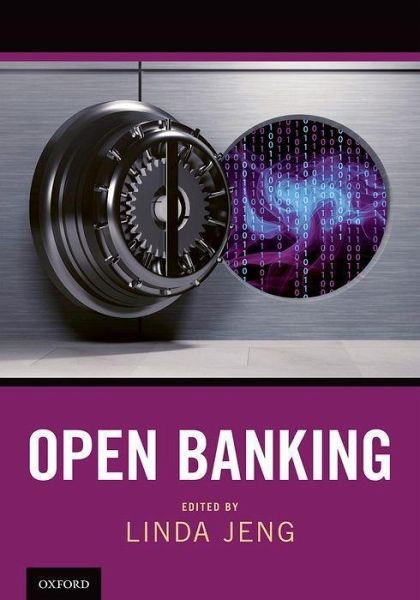
Open Banking
Versandkostenfrei!
Versandfertig in über 4 Wochen
122,99 €
inkl. MwSt.
Weitere Ausgaben:

PAYBACK Punkte
61 °P sammeln!
Open banking is a silent revolution transforming the banking industry. It is the manifestation of the revolution of consumer technology in banking and will dramatically change not only how we bank, but also the world of finance and how we interact with it. This book defines the concept of 'open banking' and explores key legal, policy, and economic questions raised by open banking.




